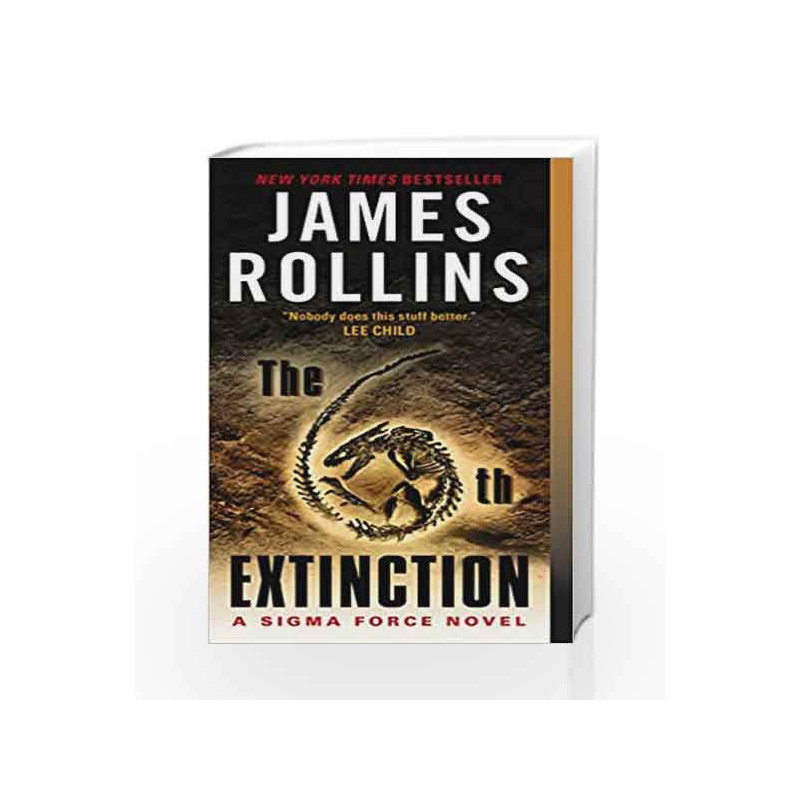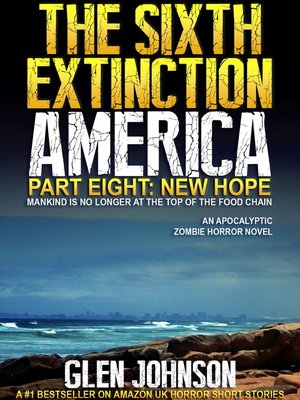

"One-third of all reef-building corals, a third of all fresh-water molluscs, a third of sharks and rays, a quarter of all mammals, a fifth of all reptiles, and a sixth of all birds are headed toward oblivion," states Elizabeth Kolbert in this compelling account of human-inspired devastation. When it comes to sharing a planet, we are the neighbours from hell. And for good measure, there are the fungal diseases, spread by humans, that now threaten every bat species in America and every amphibian species on the planet. Or consider the swaths of the Amazon basin ploughed up for farming, thus destroying the homes of countless rainforest denizens. Then there are the coral reefs, homes to vast numbers of marine animals, that have been dynamited by fishermen and bleached by our acidifying oceans. In colonising our planet's nooks and crannies, most new species that we have encountered have either been wiped out directly – like the mastodons, mammoths and Neanderthals laid low by our stone age ancestors – or indirectly by the pests we introduced in our wake, like the brown tree snake or the Central American wolfsnail, introduced to Hawaii in the 1950s, which has since killed off around 90% of the islands' 700 native snail species.

This is the big story of our age' - Sunday Times_A major book about the future of the world, blending natural history, field reporting and the history of ideas and into a powerful account of the mass extinction happening todayOver the last half a billion years, there have been five mass extinctions of life on earth.Scientists around the world are currently monitoring the sixth, predicted to be the most devastating extinction event since the asteroid impact that wiped out the dinosaurs.Elizabeth Kolbert combines brilliant field reporting, the history of ideas and the work of geologists, botanists and marine biologists to tell the gripping stories of a dozen species - including the Panamanian golden frog and the Sumatran rhino - some already gone, others at the point of vanishing.The sixth extinction is likely to be mankind's most lasting legacy and Elizabeth Kolbert's book urgently compels us to rethink the fundamental question of what it means to be human.It is a sad, familiar story. It is a disquieting tale, related with rigour and restraint by Kolbert' - Observer'Passionate. _WINNER OF THE 2015 PULITZER PRIZE FOR GENERAL NON-FICTION_'An invaluable contribution to our understanding of present circumstances, just as the paradigm shift she calls for is sorely needed' - Al Gore, New York Times'Compelling.


 0 kommentar(er)
0 kommentar(er)
